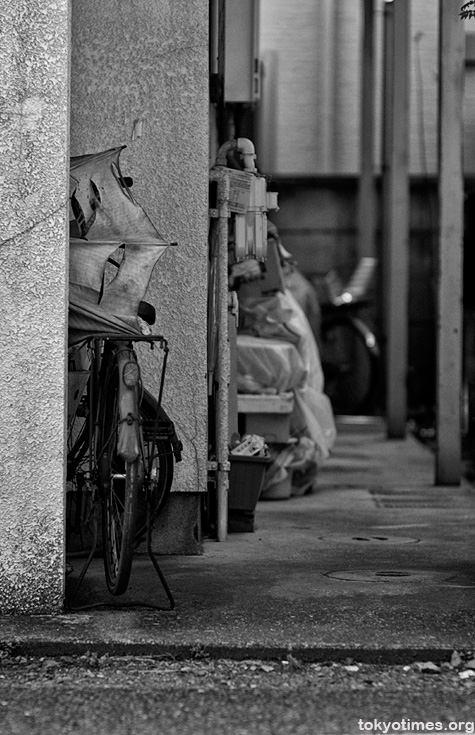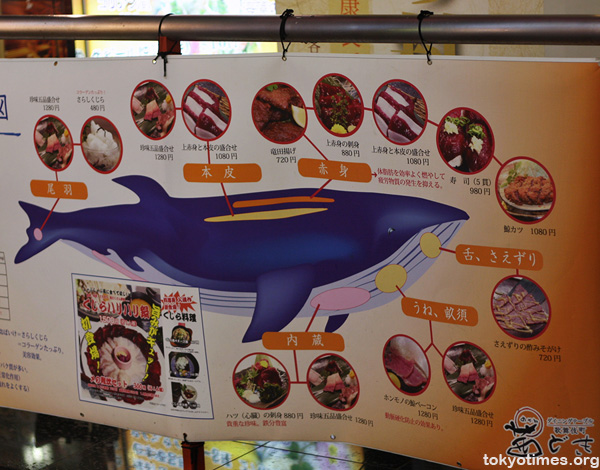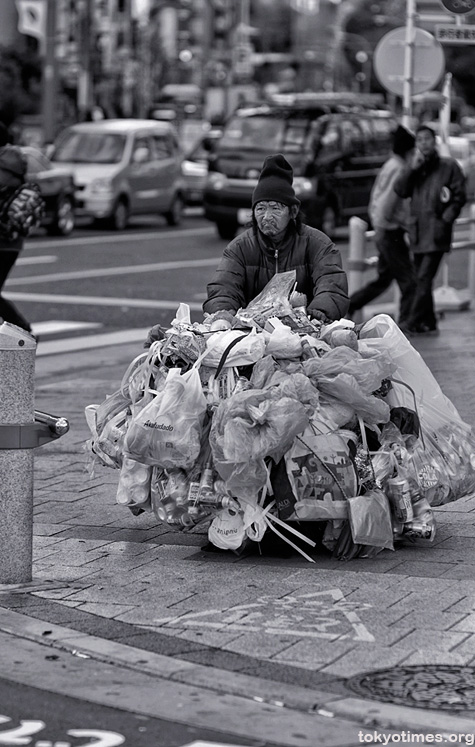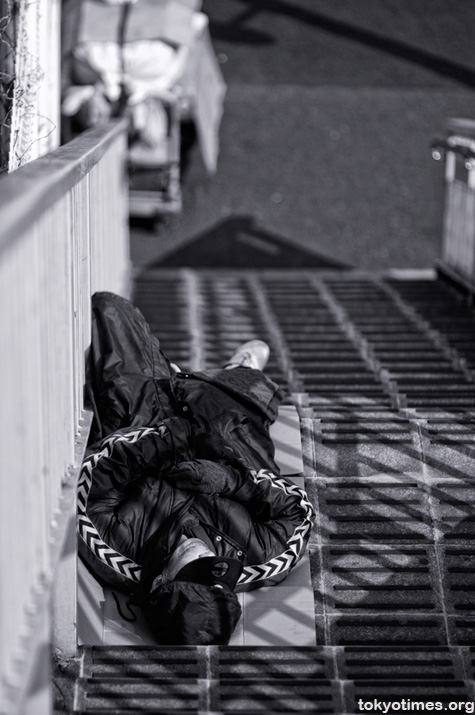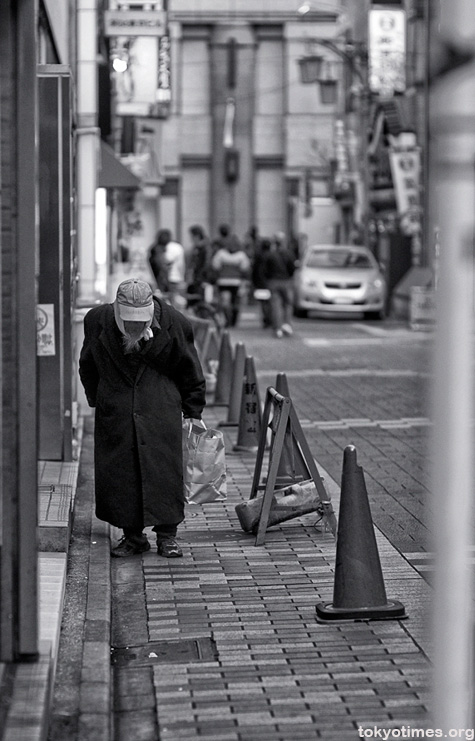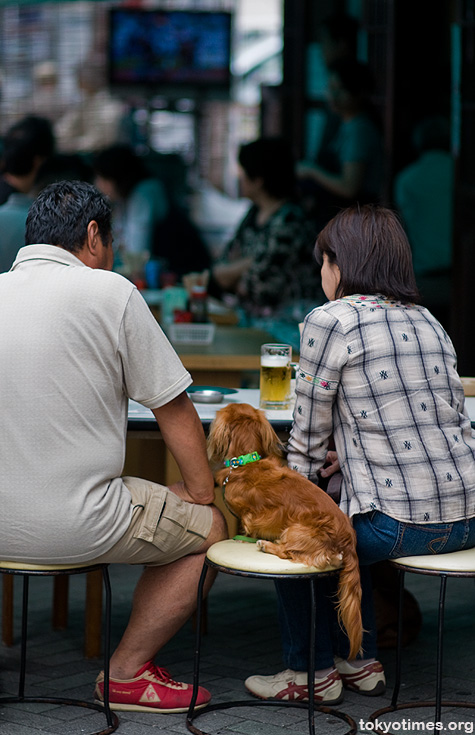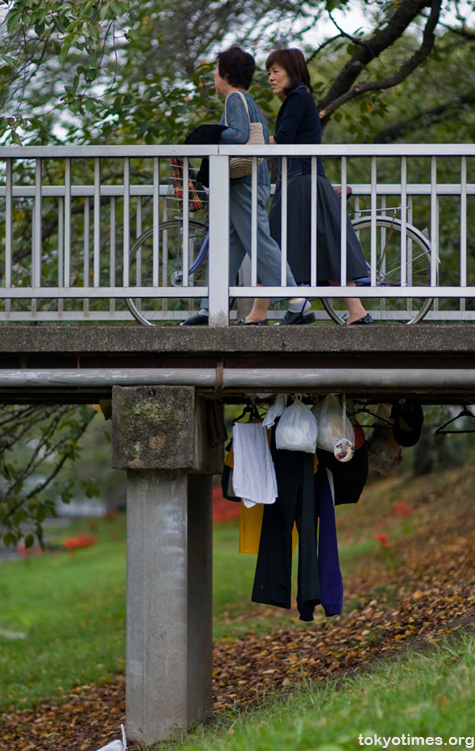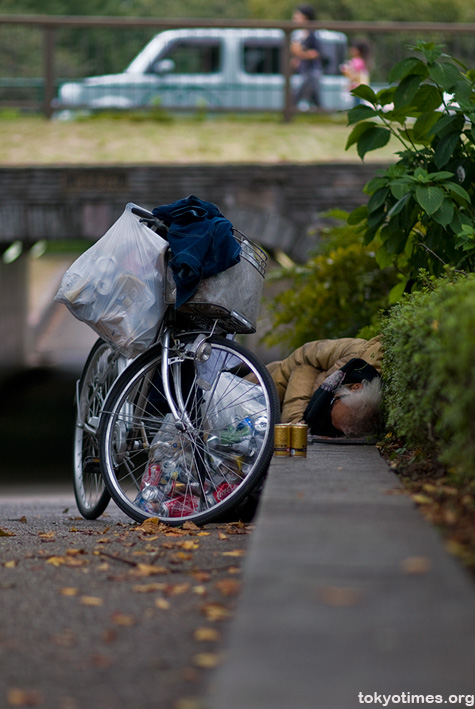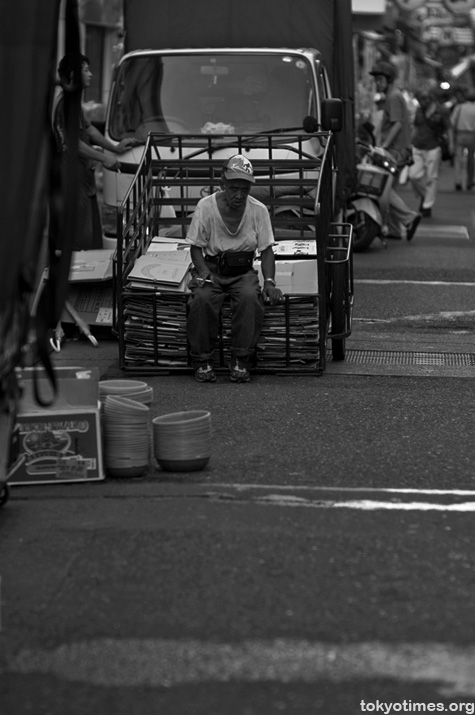Japan’s prolonged economic stagnation and a rapidly changing job market have not only consigned the myth of all Japanese being middle class to the rubbish bin, but, for a nation well known for its habit of hoarding, even saving a little something for a rainy day is now more or less unmanageable for many.
